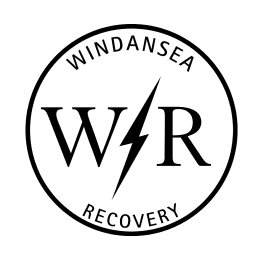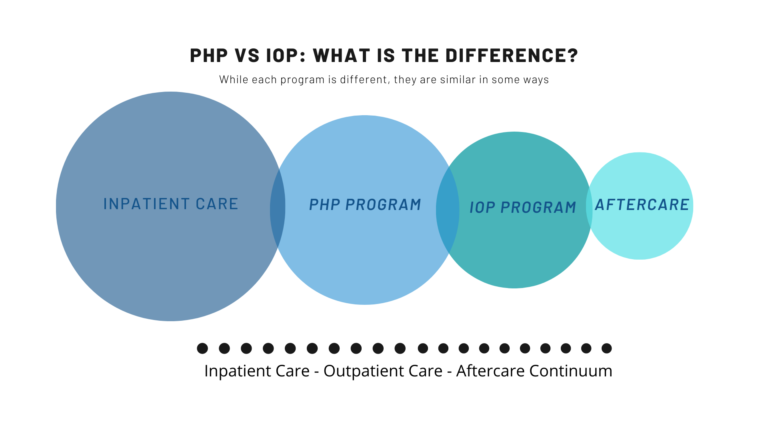How Mental Health and Addiction Intertwine
Anxiety and depression are two of the most common mental health conditions worldwide. They affect millions of people each year—and for many, they don’t exist alone. Individuals struggling with these disorders are often more vulnerable to substance use, and vice versa.
This relationship is known as co-occurring disorders or dual diagnosis, and understanding the connection is key to finding the right treatment. At Windansea Recovery in La Jolla, we specialize in treating both mental health and addiction together, giving clients the best chance at long-term recovery.
Why Anxiety and Depression Often Lead to Substance Use
- Self-Medication
Many people turn to alcohol, opioids, stimulants, or other substances to cope with feelings of sadness, fear, or worry. While substances may provide temporary relief, they often worsen symptoms over time.
- Neurochemical Imbalance
Both anxiety/depression and substance use alter brain chemistry. When combined, they create a cycle of dependency and mood instability.
- Stress and Trauma
Unresolved trauma or chronic stress can lead to both mental health struggles and addictive behaviors, fueling one another.
- Stigma and Isolation
The stigma around mental health and addiction can make individuals feel isolated, discouraging them from seeking help until problems become severe.
How Substance Use Can Worsen Mental Health
- Alcohol can increase depression and disrupt sleep.
- Stimulants like cocaine or Adderall can intensify anxiety and paranoia.
- Opioids may numb emotional pain but lead to withdrawal-related depression.
- Benzodiazepines may reduce anxiety temporarily but can cause dependence and rebound anxiety.
This cycle often traps individuals in a loop where mental health worsens, leading to increased substance use.
Signs of Co-Occurring Disorders
It can sometimes be difficult to recognize when anxiety, depression, and substance use are intertwined. Warning signs may include:
- Using substances to cope with emotions.
- Increased tolerance or withdrawal symptoms.
- Loss of interest in activities once enjoyed.
- Isolation from friends and family.
- Persistent feelings of sadness, hopelessness, or fear.
- Declining performance at work or school.
Why Integrated Treatment Is Essential
Treating anxiety, depression, or substance use separately often leads to relapse. Integrated treatment addresses both conditions at the same time through:
- Cognitive Behavioral Therapy (CBT): Reframing negative thought patterns.
- Dialectical Behavioral Therapy (DBT): Building emotional regulation and coping skills.
- Medication Management: Antidepressants, anti-anxiety medications, or MAT when appropriate.
- Holistic Therapies: Yoga, meditation, surf therapy, cold plunge, and mindfulness.
- Family Therapy: Helping loved ones support recovery while setting healthy boundaries.
The Windansea Recovery Approach
At Windansea Recovery, we specialize in dual diagnosis care, helping clients break the cycle between mental health struggles and substance use. Our programs include:
- A continuum of care from detox to aftercare.
- Personalized treatment plans tailored to each client’s needs.
- A coastal healing environment that fosters peace and renewal.
- Integration of clinical and holistic therapies for whole-person healing.
Final Thoughts
The connection between anxiety, depression, and substance use is powerful—but it’s also treatable. With the right integrated care, individuals can stabilize their mental health, overcome addiction, and build a healthier, more fulfilling future.
At Windansea Recovery, we help clients find freedom from both addiction and co-occurring disorders through compassionate, evidence-based, and holistic care.
f you or a loved one is struggling with anxiety, depression, and/or substance use, help is available.
Call us at (619) 815-2555 or Contact Us Here
Disclaimer: This article is for informational purposes only and is not a substitute for professional medical advice. Alcohol withdrawal can be dangerous and potentially life-threatening. Never attempt to detox from alcohol without proper medical supervision, especially after prolonged or heavy use. If you or someone you know is experiencing severe withdrawal symptoms, call 911 or go to the nearest emergency room immediately.



























